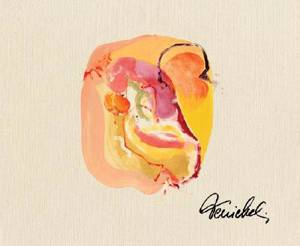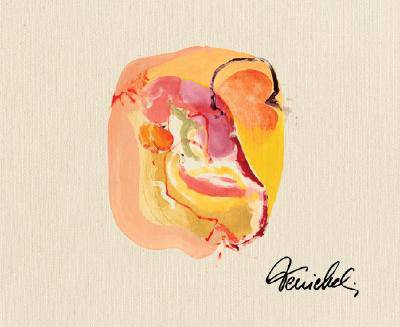
- Retrait gratuit dans votre magasin Club
- 7.000.000 titres dans notre catalogue
- Payer en toute sécurité
- Toujours un magasin près de chez vous
- Retrait gratuit dans votre magasin Club
- 7.000.000 titres dans notre catalogue
- Payer en toute sécurité
- Toujours un magasin près de chez vous
Description
"To grasp the quality of the painting . . . is to grasp the quality of the woman at work . . . an extraordinary vitality; a passionate explorative nature; an uncompromising devotion to her craft; and a concept in which intellect and emotion are one of the roles she plays in shaping and extending the sensual conscious language of art."--Robert Duncan, poet
Thomas W. Leavitt writes, "All of Lilly Fenichel's paintings are related to nature, even when they are abstract to the point of being non-objective. And be it cloud forms or structures emerging from the picture plane, the predominant mood has been serious and often somber. She appears to have been burdened by her awareness of nature, exploring its qualities deeply yet warily. Just You Just Me, Fenichel's newest work, however, is an invitation to celebrate the most joyous of nature's gifts and of human experience: sensual, physical love.
"In each canvas she creates an implosion of human anatomical parts--bones, muscles and viscera that cling together through the irresistible centripetal force of desire creating a compact sphere of ecstatic writhing. This is not primarily romantic love, filled with agonizing longing, but erotic sensuality painted with confidence and enthusiasm."
Born in Vienna, Fenichel fled the Nazi's with her family in 1939, living briefly in England, then moving to Los Angeles where she studied art at Chouinard Art Institute and City College. At the California School of Fine Arts (later the San Francisco Art Institute) as an abstract expressionist, Fenichel later worked with Elmer Bischoff, Hassel Smith, David Park, and Edward Corbett, who later became a part of the Taos Moderns group. Fenichel visited Corbett in Taos, later moved there and became a significant member of the Taos art community, developing enduring friendships with artists Bea Mandelman and Louis Ribak.
Spécifications
Parties prenantes
- Auteur(s) :
- Editeur:
Contenu
- Nombre de pages :
- 64
- Langue:
- Anglais
Caractéristiques
- EAN:
- 9780974102399
- Date de parution :
- 16-02-05
- Format:
- Livre broché
- Format numérique:
- Trade paperback (VS)
- Dimensions :
- 279 mm x 234 mm
- Poids :
- 340 g







